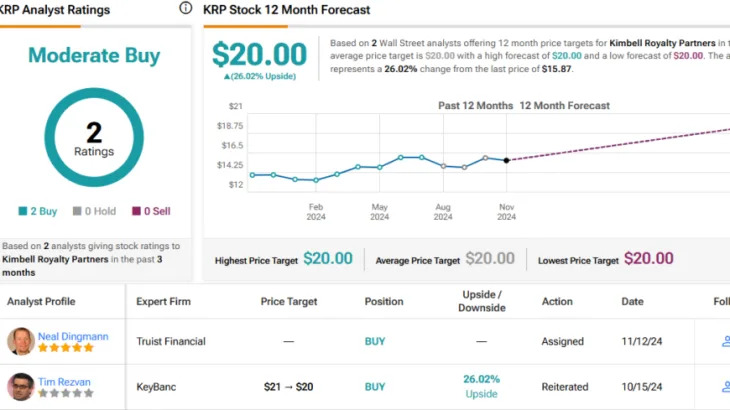
Investors looking for lucrative opportunities in the stock market are looking in the right corner. Tech stocks have significantly outperformed the broader market in recent years. For example, the Technology Select Sector SPDR ETF has nearly doubled the return of the S&P 500 since 2019. Here are two stocks with near-term growth catalysts that you should buy right now.
1. Dell Technologies
Dell Technologies (NYSE: DELL) is widely known as a PC brand, but it's also a supplier of storage, networking, and artificial intelligence (AI) solutions for data centers. Strong demand for AI servers has fueled Dell's business this year and sent the stock to new highs. The momentum in Dell's server business makes the stock a compelling buy right now after the recent pullback.
Dell is still dependent on a sluggish PC market, where its client solutions group posted flat revenue growth in the fiscal first quarter of 2025, ended May 3. This business makes up most of Dell's total revenue, but its infrastructure group, including servers, saw a robust 22% year-over-year increase, which lifted the company's total revenue 6% to $22 billion.
Dell's strong backlog of AI server orders suggests it is just getting started on this opportunity. The order backlog increased approximately 31% over the previous quarter to $3.8 billion, which shows AI servers quickly scaling into a significant revenue contributor.
The AI server market is still in the early innings. Companies will continue to rapidly increase their investment in AI, as most leaders believe it provides a competitive edge. Furthermore, Dell is serving a major tailwind with spending on information technology continuing to grow in proportion to the economy, which should benefit its entire business over the long term.
The reason the stock is down over the last month is that a higher sales mix coming from AI servers may pressure the company's margins in the near term. Management expects adjusted earnings to be up approximately 7% this year -- lower than its full-year revenue growth of approximately 8%. But the important factor is that AI infrastructure solutions will be a long-term benefit to the company's revenue and profits. This is why Wall Street analysts currently call for Dell's earnings to grow at an annualized rate of 12% in the coming years.
Prospects for double-digit earnings growth are more than enough to fuel the stock higher. The shares look downright cheap at a forward price-to-earnings (P/E) ratio of 11, which is less than half the S&P 500 average.
2. Netflix
Netflix (NASDAQ: NFLX) stock has soared since bottoming out in 2022. Subscriber growth has accelerated to a mid-teens rate, as management put an end to password sharing and pushed more users to pay for a subscription. But investors are still underestimating Netflix's margin expansion potential, earnings growth, and pricing power as it starts releasing live streaming content, especially in sports.
Netflix has grown into a ubiquitous brand in digital entertainment with 277 million global subscribers because it knows what its customers want to watch. The company is honing its ability to retain those members, and that's why it is diving deeper into live content streaming.
Last year's Chris Rock: Selective Outrage was received well by viewers, and that was just the start. The recent live stream of The Roast of Tom Brady was the biggest hit yet, but later this year Netflix may break its live audience record again with two NFL games scheduled to stream on the service on Christmas Day.
At least one Wall Street analyst believes live sports could be a catalyst for Netflix stock. Jefferies analyst James Heaney believes a strong slate of content could lead to the first price increase for the standard plan in over two years.
Regardless of what kind of impact a potential price increase has on revenue next year, Netflix's jump into live sports streaming would further cement its lead in digital entertainment and open all kinds of opportunities to attract more subscribers over the long term.
The Wall Street consensus has Netflix's earnings growing at an annualized rate of 27% over the next few years. That is more than enough to justify paying a forward P/E of 37 for the shares. Even if the stock eventually settles at a lower P/E, that strong rate of earnings growth could double the share price within five years.
Before you buy stock in Dell Technologies, consider this:





